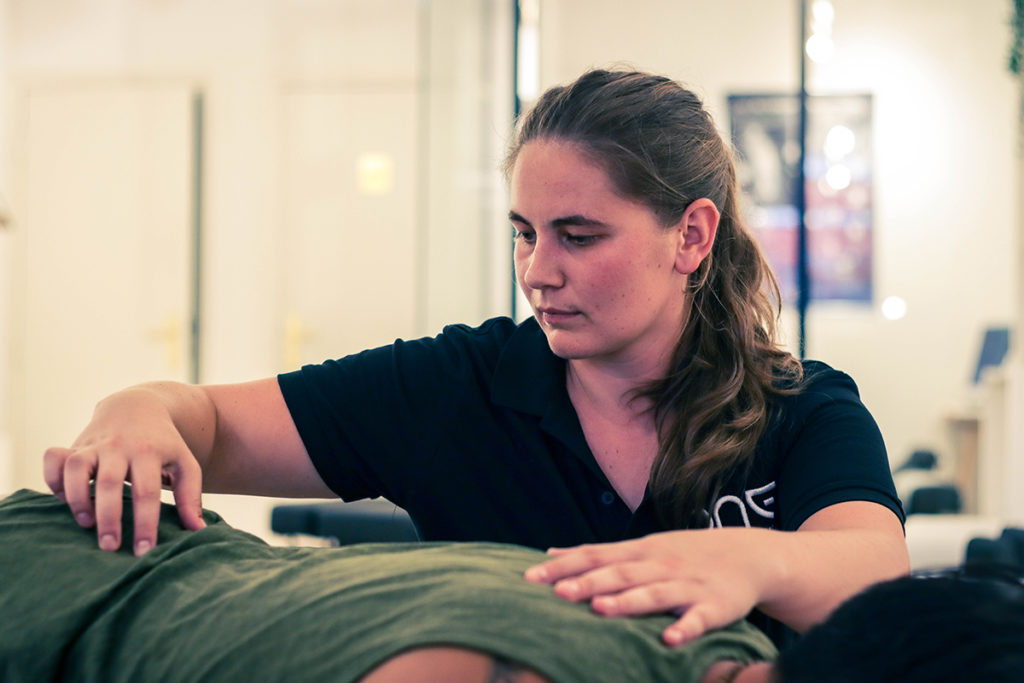Back complaints and chiropractic
Back complaints
Back complaints have become almost normal with our current lifestyle. We see more and more young people with back and spinal problems. Such complaints often include tension in the back, cracking back, burning or chronic pain and in some cases even radiating pain to arms and legs.
Causes of back pain
Ninety percent of the times back complaints are originating from micro traumas generated on a day to day basis. For example sitting at the desk for too long, watching too much Netflix on the couch, joint overuse, poor sleeping position or poor posture. All of the above can generate micro traumas in the spine which can accumulate and create neurological and structural changes in our spines and nervous systems.
Of course these imbalances, if gone unnoticed can then start to affect our daily living by presenting new symptoms; such as neck and back pain, sciatica, upper back pain.
How do you know if your spine is out of balance?
People with imbalances or subluxations in their spine usually will start feeling stiffness or light aches in their bodies before the pain starts. Early detection and prevention are always recommended and even if you don’t suffer from complaints on a daily basis one of our chiropractors could assess and check your spine for such imbalances.
Our chiropractors at One Chiropractic Studio are trained to detect the underlying causes and when necessary correct vertebral subluxations in order to create results in the long term.
Correction of the underlying issues of back pain
After the initial consultation our chiropractor will help you to set short term and long term health goals, to best serve your needs. It is important to initially determine how the back complaints are affecting daily tasks and base the chiropractic care plan to restore normal function as soon as possible. On the other hand, it is fundamental to achieve log term results by doing neuro-structural corrections for the long term benefits.
- In fact people under longer term chiropractic care often report:
Decreased pain and spinal tension - Increased flexibility
- Ability to walk longer distances or sitting longer without pain
- Increased energy levels
- Increased performance at work
- Increased sport performance
- Ability to easily adapt to high level of stress (physical, chemical or mental).
What are vertebral subluxations?
Chiropractors are specialists in the spine and nervous systems. The five year training is purely focused on the spine and the detection of vertebral subluxations. Vertebral subluxation is a chiropractic term that indicates a disturbance in the nervous system due to a vertebral joint dysfunction. Our brain has the ability to track and ‘map’ the positioning of every joint in our spine by receiving constant feedback from each joint movement.
What causes subluxations, then? Such imbalances in the vertebral column are the effect of stress (usually physical, chemical or mental/emotional) in our daily living. When these imbalances accumulate in the body they can soon start causing joints wear and tear and in the long run cause back complaints and other symptoms.

Want to know what chiropractic can do for your back?
Our chiropractors are available daily from 08:30 to 19:00. If you’re not sure whether chiropractic is something for you, book your first appointment and find out.
Reviews








